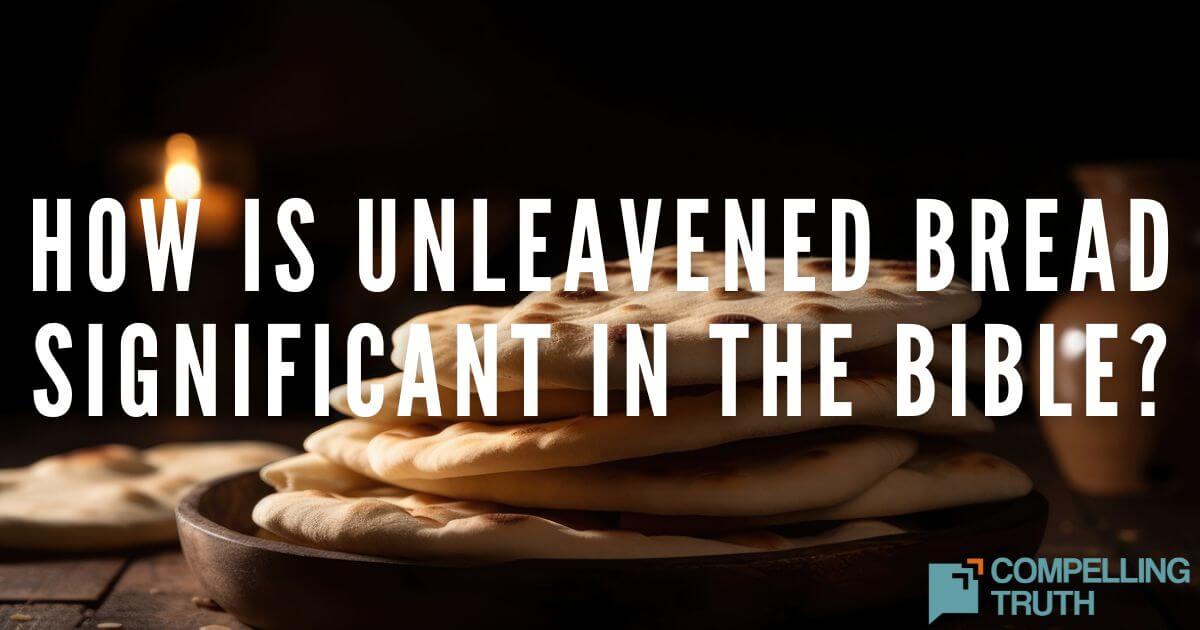Pomegranates are a prominent biblical fruit, mentioned in various contexts. Symbolically, this fruit speaks to abundance, fertility, and divine provision. These large fruits contain numerous seeds and appear in the Bible when God instructs Moses about Aaron's high priest robe (Exodus 28:33–34), when the Israelite spies bring them back from the Promised Land (Numbers 13:23), and when Solomon's temple is decorated with pomegranate motifs (1 Kings 7:18–22). In Song of Songs, pomegranates are used to describe the beauty and fertility of the beloved (Song of Songs 4:3). Biblical references to plants, foods, traditions, and places can cause a reader to miss important points or nuances. However, when we study these items, practices, and places, our understanding of God's Word is enhanced and deepened.
The biblical symbolism of pomegranates reminds us of the profound goodness of God and the abundant fruit He produces in our lives. Just as pomegranates are filled with countless seeds, our lives, when rooted in God, can overflow with spiritual fruitfulness and blessings. The pomegranates on the high priest's robe (Exodus 28:33–34) symbolize the fullness and richness of bringing the people before God, illustrating His desire for us to live in His presence. The spies' discovery of pomegranates in the Promised Land (Numbers 13:23) serves as a testament to God's provision and His intent to bless us abundantly. Additionally, the pomegranate motifs in Solomon's temple (1 Kings 7:18–22) remind us that following God leads to a life of beauty and abundant fruit.
In the New Testament, the concept of bearing spiritual fruit is emphasized by Jesus. In John 15:5, Jesus says, "I am the vine; you are the branches. Whoever abides in me and I in him, he it is that bears much fruit, for apart from me you can do nothing." This passage teaches us that our spiritual fruitfulness is directly linked to our connection with Christ. As we abide in Him, His goodness flows through us, producing love, joy, peace, patience, kindness, goodness, faithfulness, gentleness, and self-control (Galatians 5:22–23). These fruits not only enrich our own lives but also bless those around us, reflecting God's abundant goodness and grace to the world. Thus, the symbolism of pomegranates in Scripture invites us to embrace God's provision and to live in alignment with His purposes, bearing fruit that glorifies Him and blesses others.




